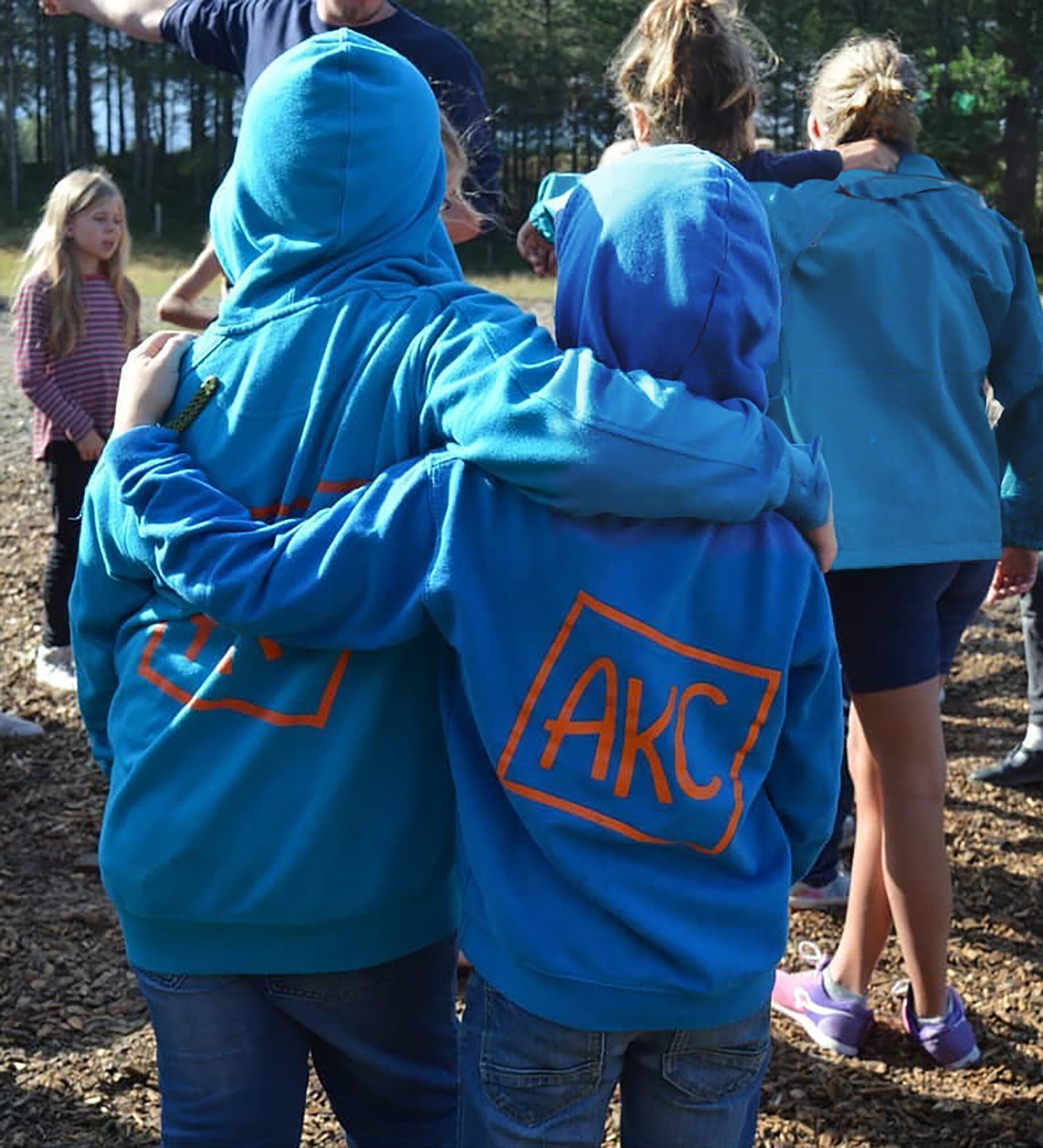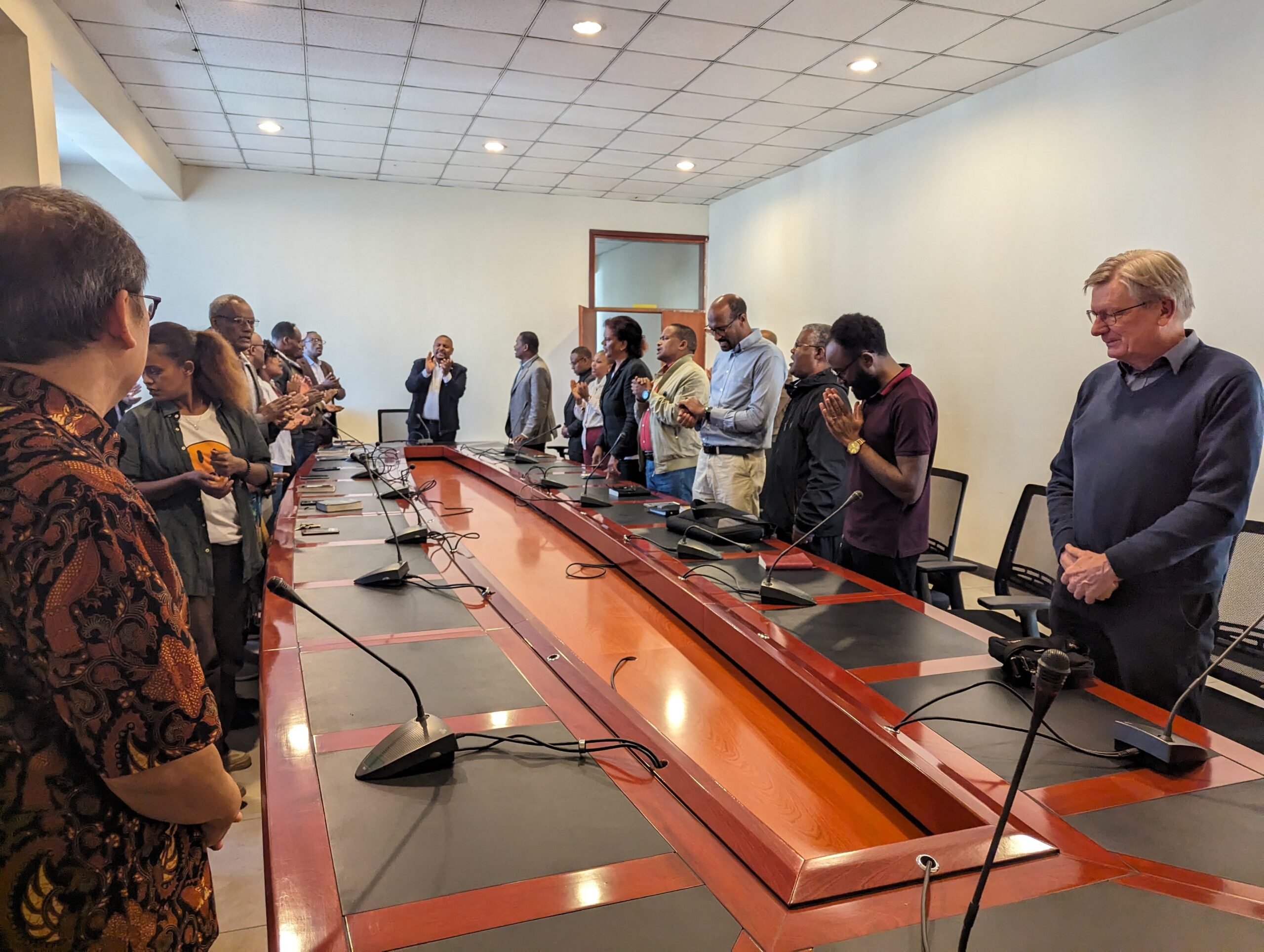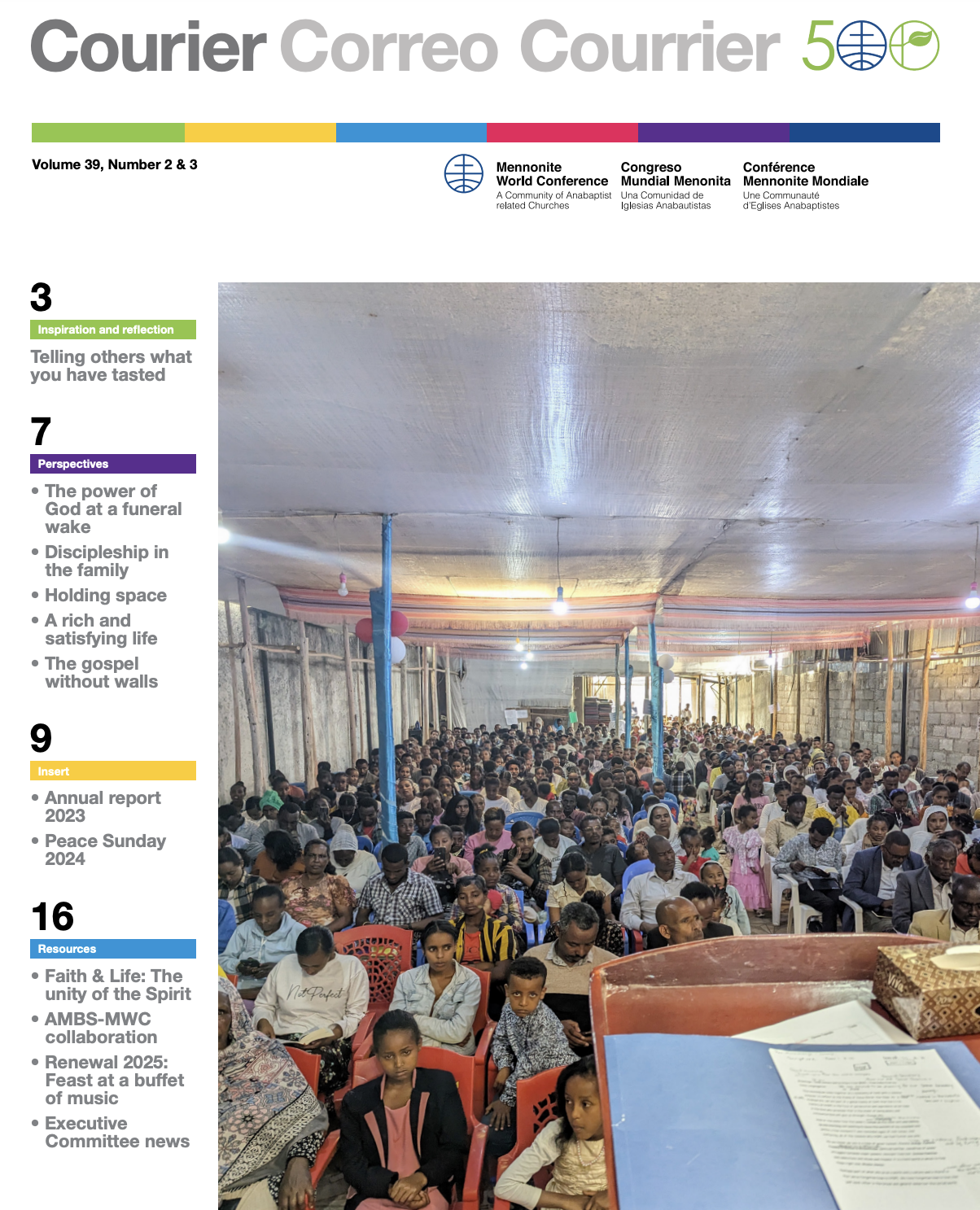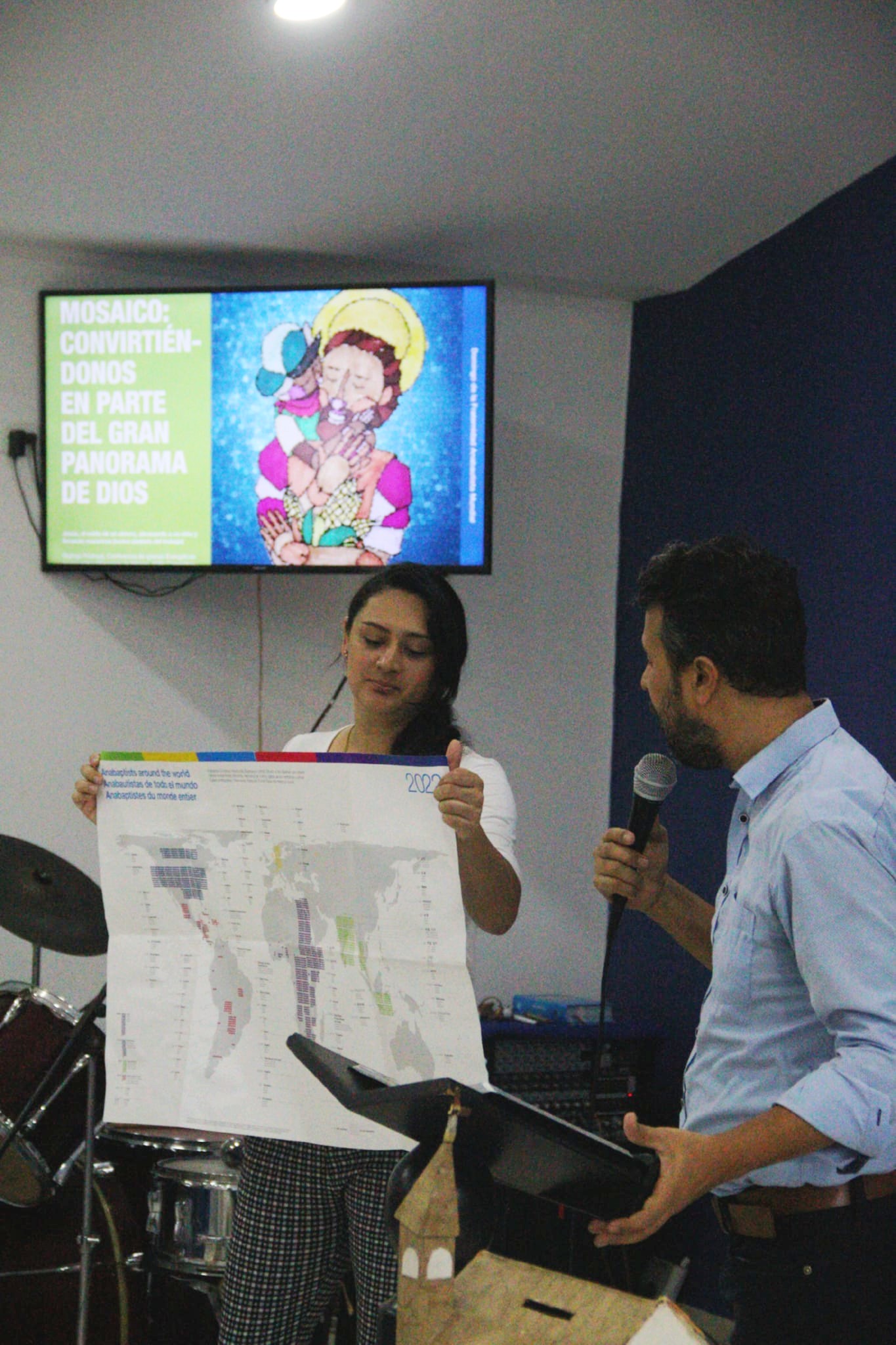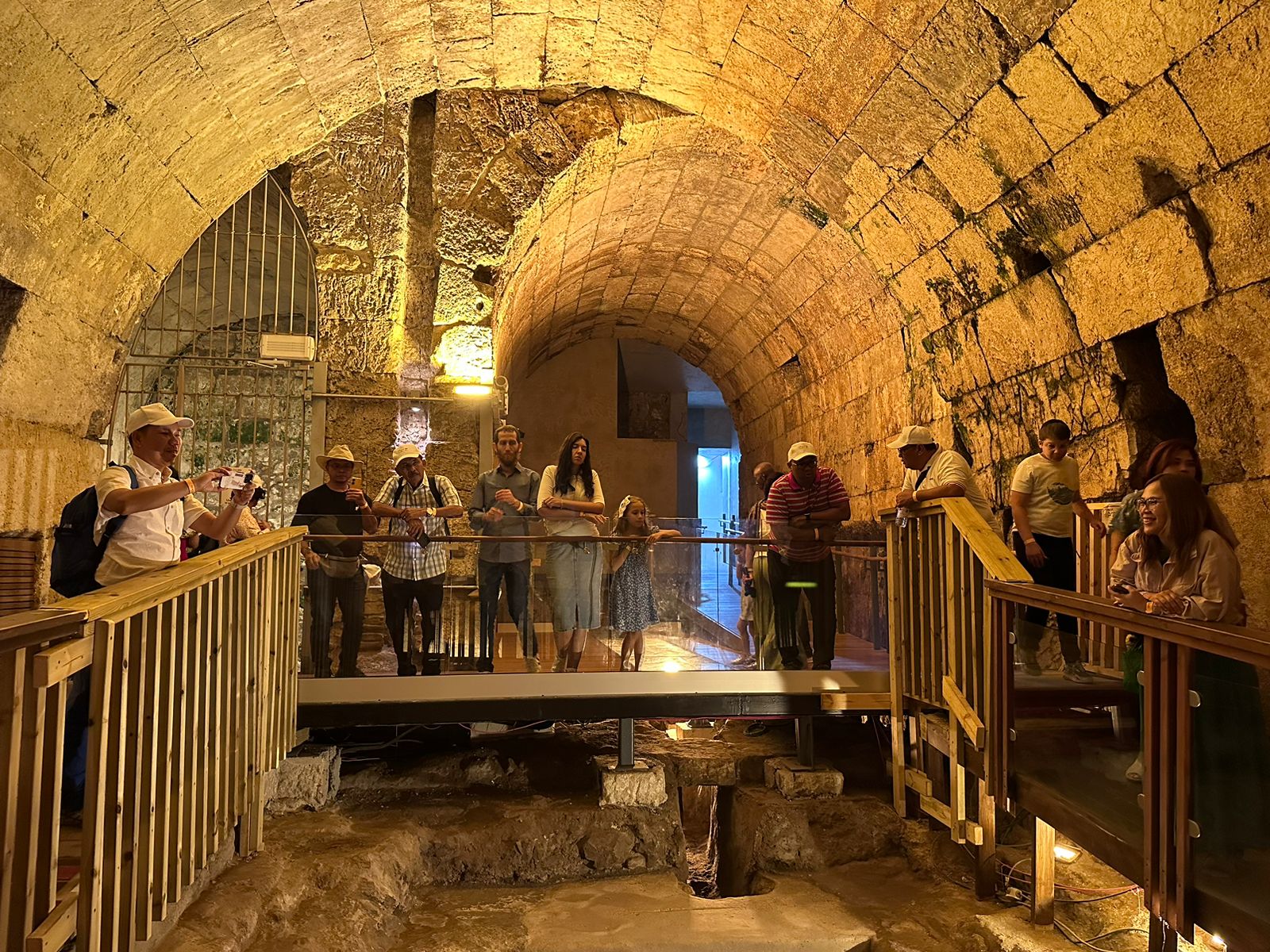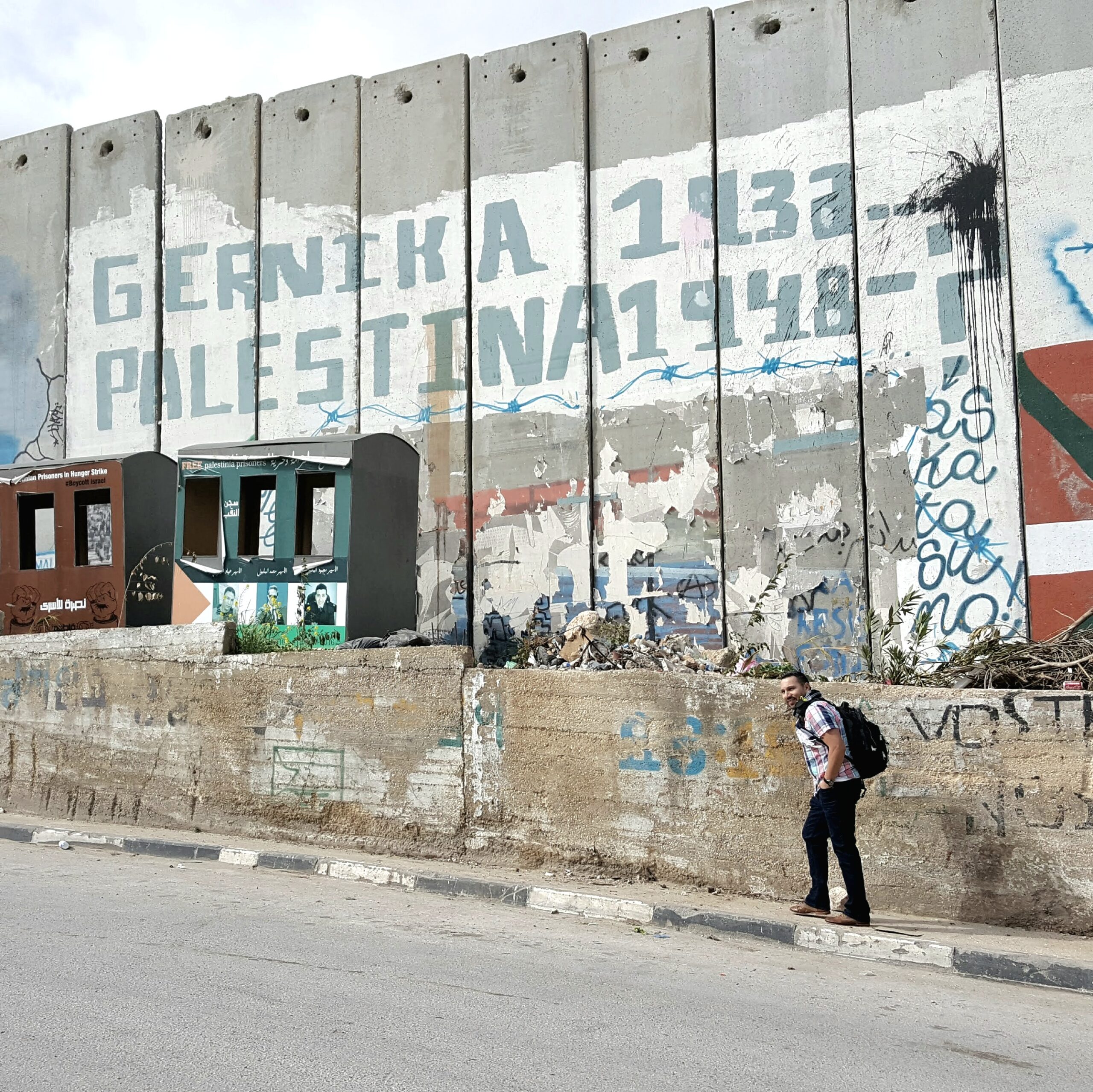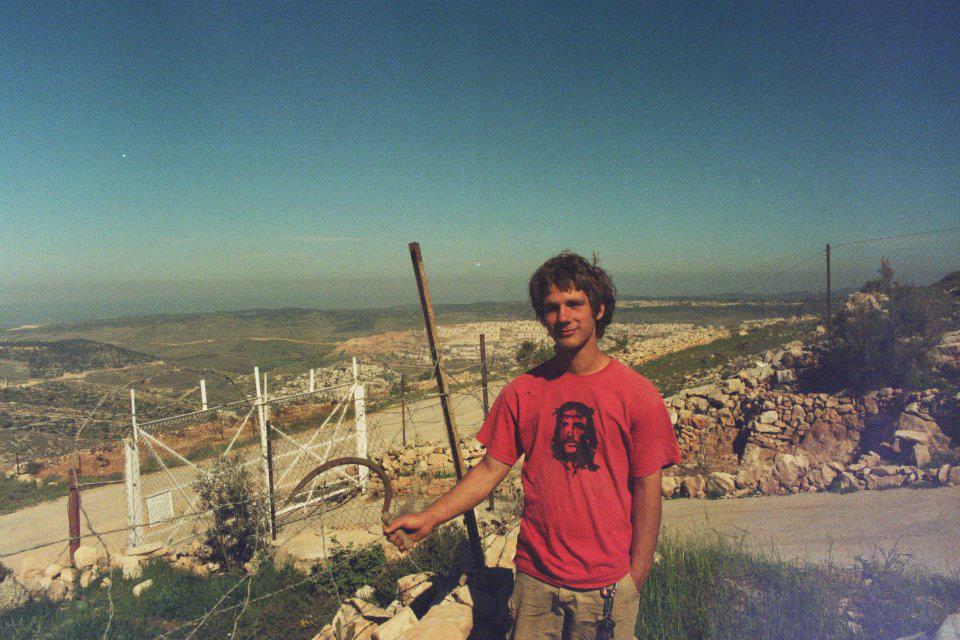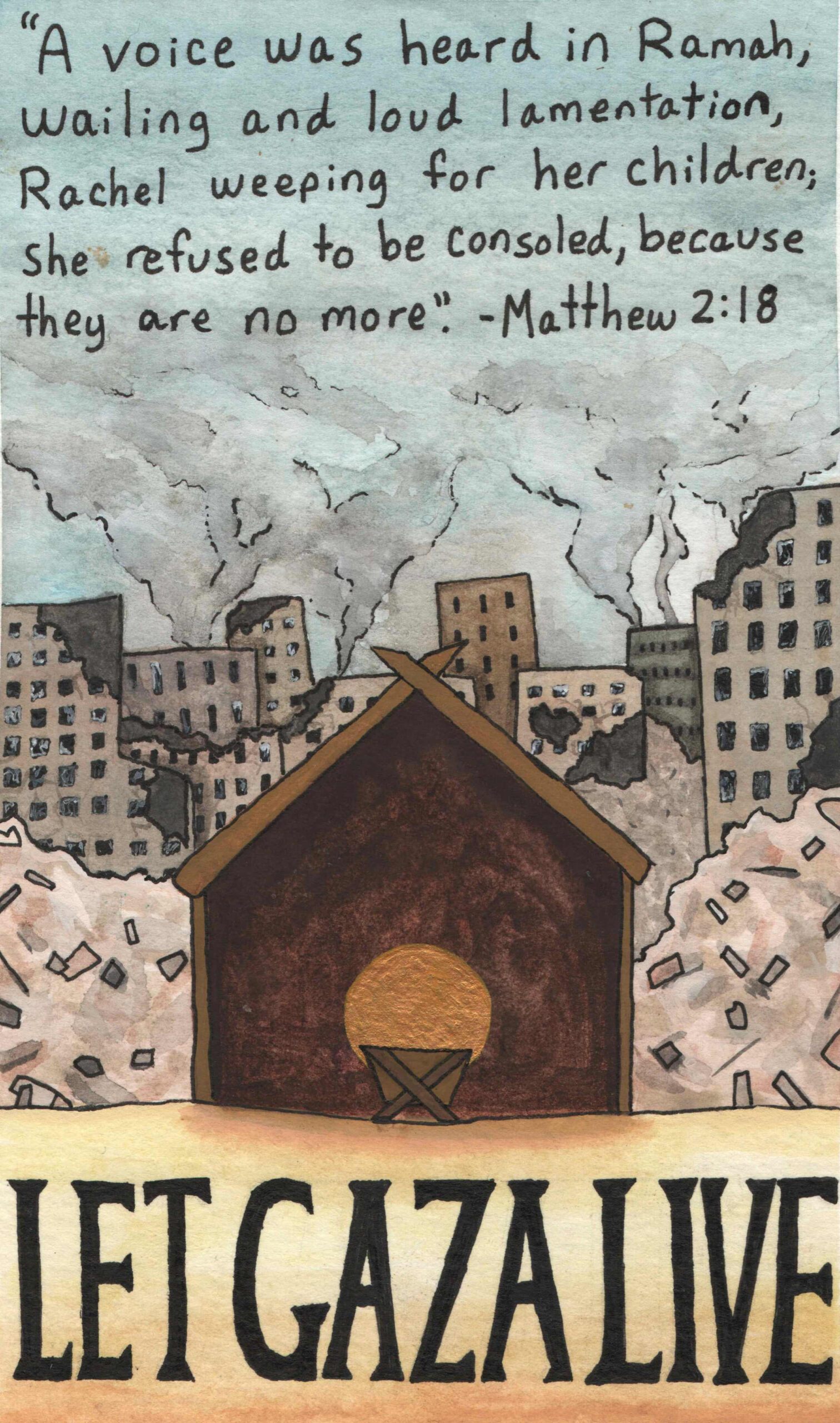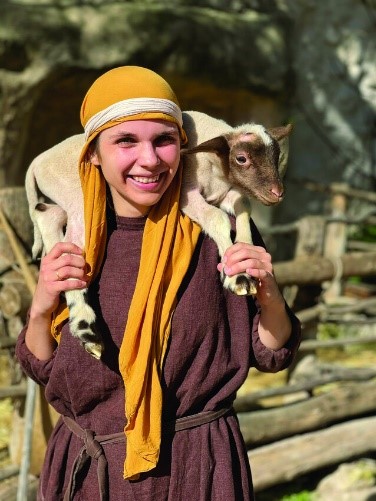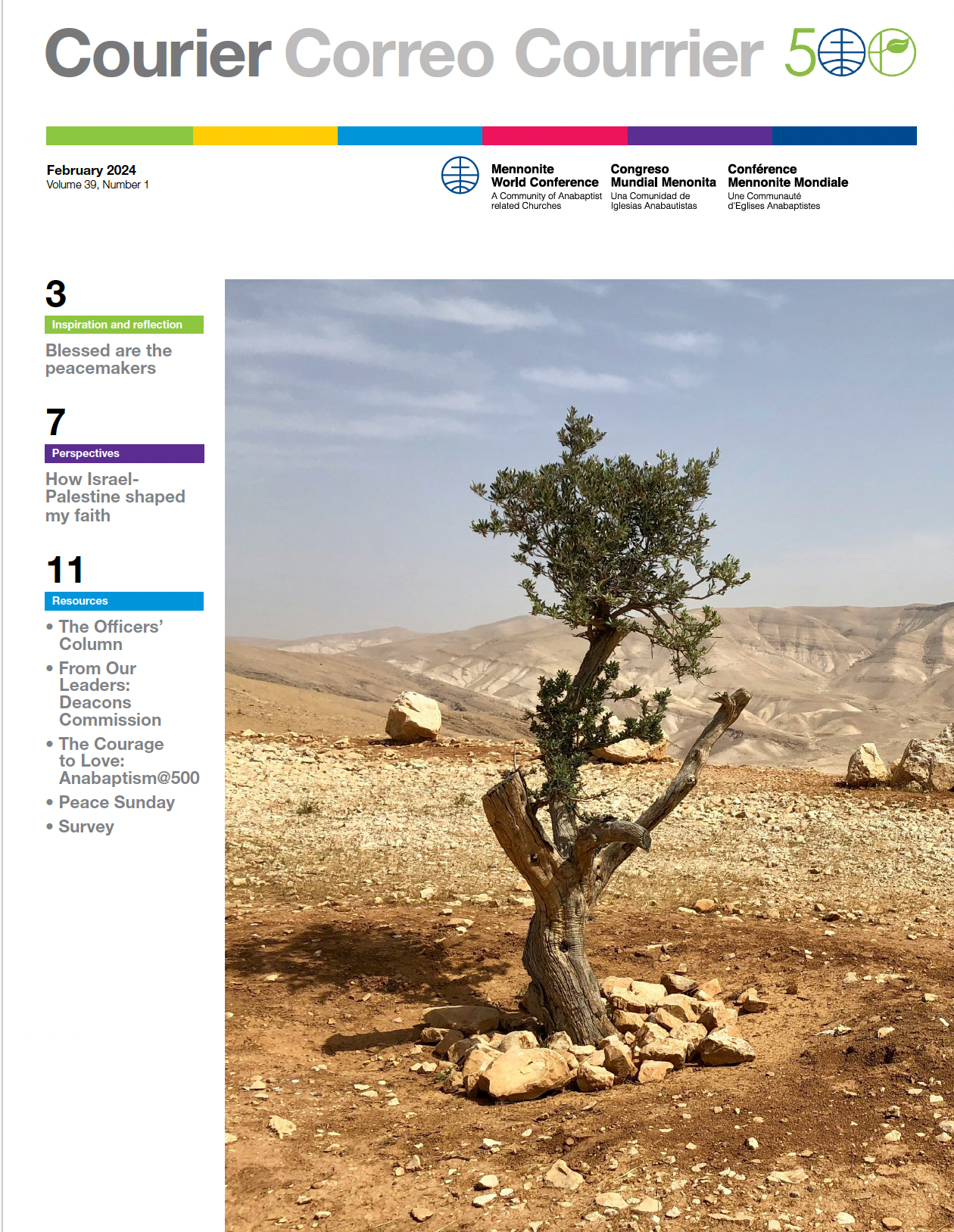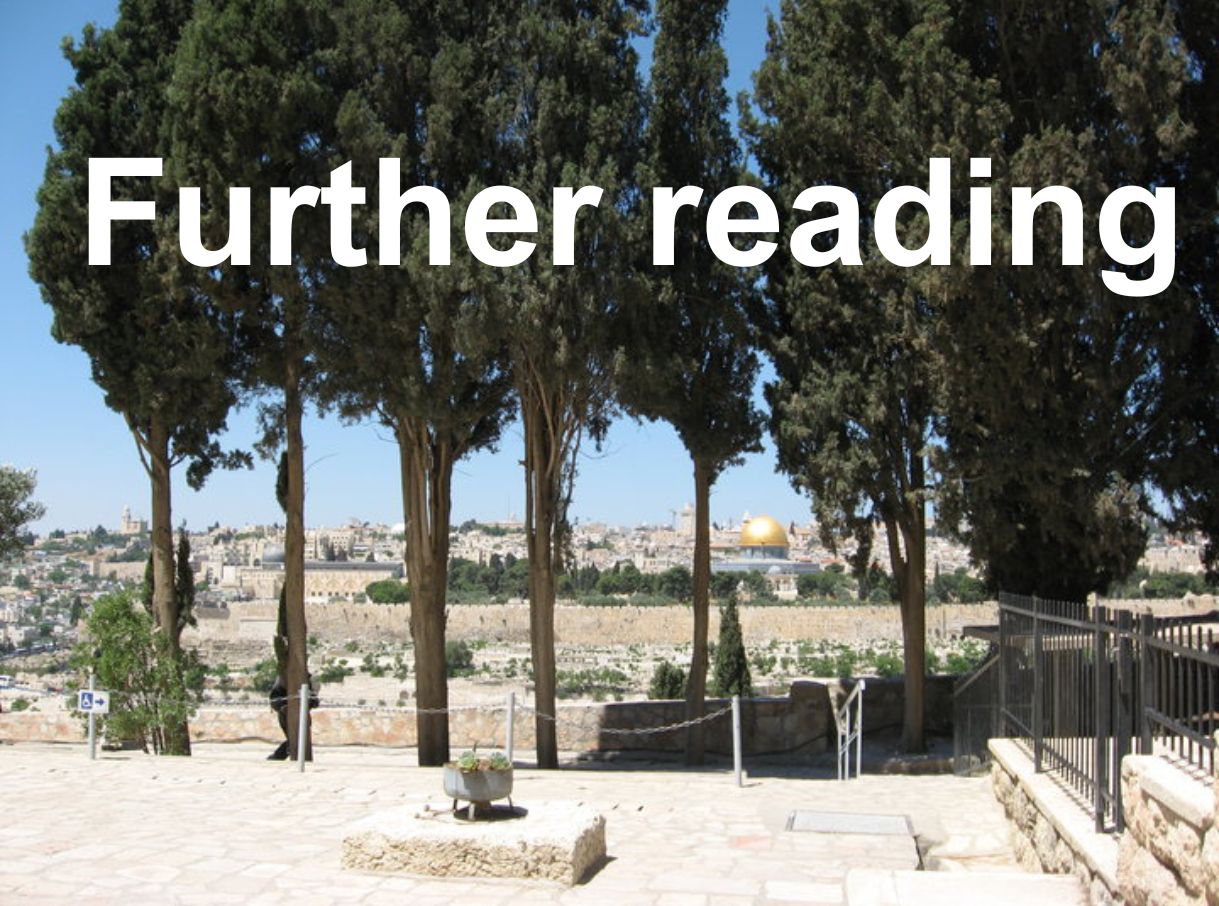-
Holding space
Netherlands We live in a society – in Western Europe – that does not speak our language anymore. We have been the dominant culture for ages and ages…be it Roman Catholic, Protestant or Mennonite. The Christian language, Christian imagery, Christian norms and values were absolutely dominant within the Dutch culture. And within a generation that
-
Telling others what you have tasted
Why is the Meserete Kristos Church the fastest-growing Mennonite church? Ethiopia is a multiethnic, multireligious and multilingual nation with more than 120 million people, the second most populated country in Africa. Located in northeast Africa, Ethiopia is a landlocked country. European powers did not colonize Ethiopia. However, internal conflicts tore the country apart and broke
-
Courier 2024 / 39.2-3
Perspectives Resources General Secretary Inspiration and reflection Sharing the food of life “Anyone who tasted Jesus is good should tell others what he/she tasted.” Evangelism is a scary word for many of us, but this simple advice offered by pastors in Ethiopia helps to simplify the task. Although we each bear responsibility to share the
-
One God and Spirit: a bond of peace
“…Making every effort to maintain the unity of the Spirit in the bond of peace” (Ephesians 4:3). A global fellowship, 109 national churches, 58 countries, some 10 000 congregations, 1.4 million members, 45 languages: can that ever be unified? The church is often called the body of Christ. A physical body needs different organs to
-
Not just a tour; a pilgrimage
Indonesia It was 7 October 2023. Husband and wife Simon Setiawan and Sarah Yetty, members of Jemaat Kristen Indonesia (JKI) church from Indonesia, were in Egypt, leading a tour group of more than 40 people from Indonesia and the United States intending to enter Israel-Palestine. They heard about the Hamas attacks on Israel in the
-
A moment to relentlessly seek peace
USA I grew up in Guatemala in evangelical and Pentecostal churches. Our songs, Sunday school teachings and sermons were filled with Christian Zionist theology that declares God’s will to be the establishment of a Jewish homeland in Palestine. The duty of Christians is to support Israel. Some churches even display an Israeli flag in their
-
Another way
“There should be justice. They should pay for the terrible wrong they have done.” These and other similar phrases have been repeated in the news in recent months. In my country, Colombia, I have heard the same sentences too many times on the lips of Christians who claim to follow Jesus, the God who chose
-
Resistance, repentance and a sweet harvest
It was Palestinian Christians who taught me to see that Bethlehem, Nazareth and Jerusalem are real places whose histories shaped Jesus. His context, plagued by military, economic and cultural oppression, was not so different from the situation of Palestinians growing up today in refugee camps in the West Bank or Gaza. Now as then, injustice…
-
Blessed are the peacemakers
As Christians, we may look to our Bibles to interpret today’s realities in light of long ago promises. The answer to this question is different for each faith community, says Dorothy Jean Weaver. A Jewish community’s answers arise from the Hebrew Bible, but as Christians, we are called to live out of the new covenant…
-
Faith, history and actions
Paraguay My name is Monika. I come from Paraguay, and I did a voluntary service in Nazareth Village. Nazareth Village is an open-air museum in Nazareth, Israel. This museum recreates life of the first century and aims to show tourists the Nazareth of Jesus’ time. I was with the YAMEN* program for 11 months, 2022-2023.
-
Courier 2024 / 39.1
Inspiration and reflection Perspectives Resources General Secretary Word from the editor Confession and much humility “God is under the rubble in Gaza… He walks with us through the valley of the shadow of death. If we want to pray, my prayer is that those who are suffering will feel this healing and comforting presence.” Pastor,
-
Further reading on CCC 39.1
More resources related to this issue Assembly 2022 webinars Mennonite Church USA Mennonite Church Canada Online Prayer Hour: prayer about suffering in Israel and Palestine
